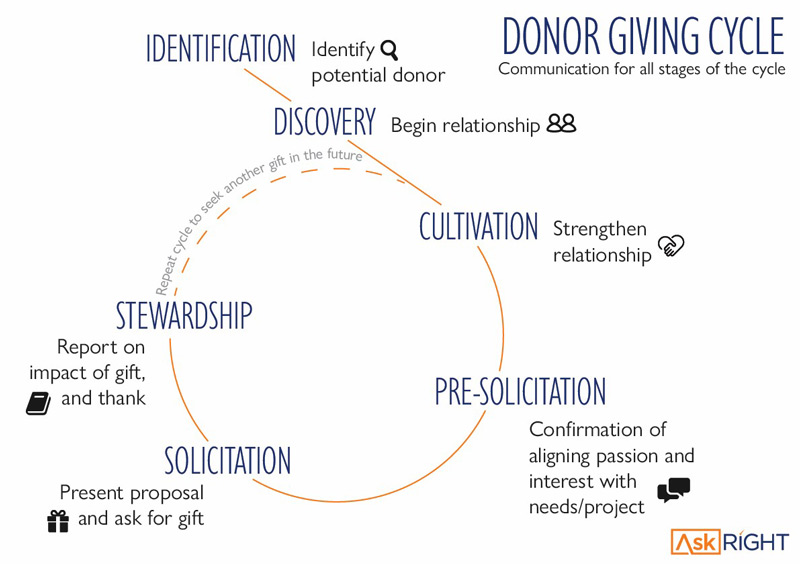
By Dr. Jason Ketter, Senior Consultant, AskRIGHT.com
In the movie Rocky, Burgess Meredith plays Mickey—Rocky’s coach/trainer. He was a grumpy guy and even Rocky was somewhat afraid of him. Anyone familiar with the film would remember both Rocky and Mickey. Muhammad Ali is perhaps the most famous non-fictional boxer of all times and most have heard of him, but many have not heard of Angelo Dundee. Angelo was Muhammad’s coach. Angelo also coached Sugar Ray Leonard and George Foreman.
You may have heard of Anna Sophia Robb or Carrie Underwood, but perhaps not New Zealander Miranda Harcourt, their coach. Helen Hunt 1997 Oscar winner for her role in As Good as It Gets thanked Larry Moss during her acceptance speech. Who is Larry Moss? Her acting coach. It would be hard to name a successful world class athlete, actor, or singer who wasn’t influenced by a coach.
The professional at the top of his or her profession, or seeking to reach the top, has a coach. Members of the senior management team at universities and leading corporations often are assigned a professional coach to help them with skills in the areas of leadership, communications, or interpersonal development.
It is time that the fundraising profession embrace the notion of the professional fundraising coach to support fundraisers seeking to enhance performance outcomes.
Coaching is not Mentoring
When commencing a job people often suggest securing a mentor. A mentor, however, is distinct from coaching. Unlike mentoring, which is reactive and serves more as a type of a sounding board relationship, coaching is proactive—hands on. Coaching is focused on bringing about effective change in the professional for the purpose of higher performance. Further, after receiving candid advice from a quality coach the coach will follow up on that advice to see if the coachee is acting on it, i.e., seeking a demonstrated and sustainable behavioral change. Coaching and mentoring are not mutually exclusive, but the objectives and outcomes can be dramatically different for the individual. Finally, there are plethora of fundraising workshops and these workshops can be greatly enhanced with follow up coaching sessions.
A Tailored Program
The importance of a tailored coaching program can’t be stressed enough because not all fundraisers are at the same level of experience and skill. Further, not all fundraising programs are at the same level of maturity; this may impact priorities of the front-line fundraisers. For example, in a less mature program prospect relationships haven’t been built and the priority will be on discovery visits versus a more mature fundraising program in the final push of a multi million-dollar campaign with a higher focus on solicitations.
Research and Theory
Fundraising research is not on the top of the list for most research universities, it doesn’t attract the same type of research investment like medicine, engineering, or business. However, there are quality research papers and books on understanding donor behavior, the efficiency of a fundraising program, effective prospect research, and the development of a prospect portfolio taken from an expansive database. Quality research informs outstanding practice and given the nature of fundraising (part art and part science) staying abreast of the latest research, as well as understanding of the foundational research in the field, can contribute to better performance.
Real-World Examples
Fundraising is a people business and understanding different personalities, and the scenarios that arise as a result, comes through experience. An experienced coach can demonstrate situations through real-world examples that are most relevant to the coachee and his/her organization. There is nothing wrong with speaking of aspirational gifts, but if examples used are all about eight-figure gifts and the organization largest ever gift is a five-figure it can be demoralizing for the coachee. A quality coach with experience can share about the times things didn’t go right—those coachable moments that can be shared with the coachee.
Further, it is most beneficial to employ the coachee’s prospect list to talk through strategy and discuss possible next steps. An important role of a coach is to play devil’s advocate and walk through scenarios with the coachee to help the coachee think through a variety of possible outcomes when interacting with a prospect. Although one can attempt to script a visit or solicitation like many things in life things don’t always follow the script. Working with a coach helps a coachee develop those critical adlib skills.
Role Playing
How do our favorite actors and athletes make their craft look so easy? How about the ballet dancer who moves so gracefully across the theater stage? We know what they do takes enormous skill and talent to say the least, but rarely do we picture all the hours that went into the rehearsals necessary to make it a star performance. One gets better at something by practicing it. Fundraising is no different.
If you are only making one face-to-face solicitation every quarter the chances are without any practice in between you run the risk of being a little rusty when you conduct your next solicitation. When are favorite football or basket teams are shown on the local news they often are shown passing the ball back and forth between players. The pass is a critical part of the game and so they practice it over and over and over. Players are developing muscle memory, endurance, and mental strength so in game situations execution is automatic.
Granted the solicitation is not like throwing a football or a basketball, but having a demonstrated ability, e.g. it is not the first time you have encountered an objection, is similar. Just like the pass if you fumble the objection during the solicitation the solicitation is not going to end well. Role playing on how to overcome objections, how to secure the discovery visit, how to conduct the discovery visit as well as how to carry out the solicitation will ensure quality skills are being developed to support securing those major and leadership gifts.
An Experienced Subject Matter Expert Coach
George Bernard Shaw wrote in his play Man and Superman “He who can, does. He who cannot, teaches.” There area a plethora of examples where this does not ring true. Richard Williams never played professional tennis, but did very well coaching his two daughters, Venus and Serena to championships early in their careers. Conversely, just because someone is good at something doesn’t mean this person will be good a coaching it. Coaching is about helping the individual to understand themselves and creating positive, and sustainable, change to help the individual achieve their objectives. Quality coaching involves excellent communication skills and detailed knowledge of the subject matter. When it comes to fundraising, however, a diverse background of real-world experiences by the coach, in all facets of the profession and the donor giving cycle, is needed to greatly enhance the outcome for the coachee.
Like other professions fundraising should embrace the concept of using coaches to improve performance and it should be the norm, not the exception.



